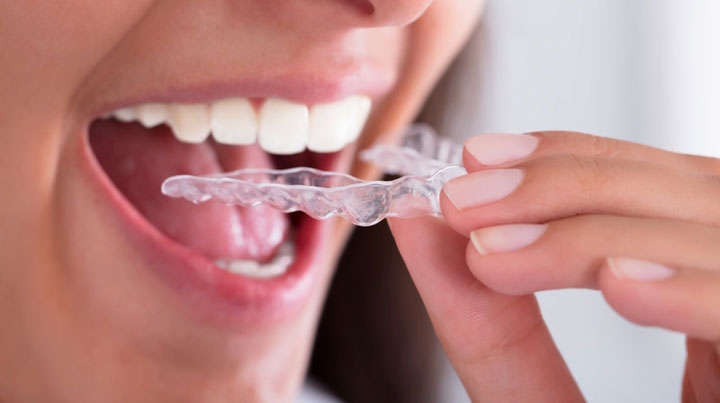5 Signs It's Time to Replace Your Night Guard

Are you relying on custom-built nightguards to manage teeth grinding? It is essential for those with bruxism to have a night guard, especially a custom-fitted one. However, these devices don't last forever. Recognizing the right time to replace your night guard ensures it remains effective in protecting your teeth and jaw from damage. Here are five key signs that your guards for bruxism need a replacement.
Signs of Wear and Tear on Your Night Guard
Frequent use of custom fit nightguards often leads to physical changes. Check your guard for any tears, thinning, holes, or distortions. Through the signs there are indications that the material is breaking down, minimizing its strength and potentially compromising your dental protection. Once the material begins to degrade, it's less capable of providing the protection you need, making it a prime time for replacement.
Fit Changes: Have You Noticed
An ideal custom night guard should fit snugly without causing discomfort. If you find your guard feeling looser or requiring frequent readjustment during the night, it might not be providing the optimal protection against teeth grinding. A poor fit can also lead to ineffective grinding prevention and increased wear on the teeth.
Does It Smell or Look Uncomfortably Discolored
Night guards can accumulate bacteria and stains, especially if not cleaned regularly. Discoloration and persistent odors, despite cleaning, are signs of bacterial buildup that can affect oral health. If the above issues persist, they can simultaneously commit to bad breath and possible oral infections, highlighting the need for a replacement. Over time, these problems may worsen, emphasizing the urgency for a new guard.
Increased Symptoms
If you notice a resurgence in morning jaw discomfort or sensitivity in your teeth, your night guard might be failing to perform its protective function. This discomfort can indicate that the guard is no longer effectively distributing the pressure from grinding. Such symptoms might also increase the risk of long-term dental issues if not addressed promptly.
Is Your Dental Condition Changing
Any recent dental work like fillings, crowns, or braces can alter your bite, requiring a new fitting. Similarly, significant dental shifts or changes in your bite over time necessitate new night mouthguards to ensure continued effectiveness and comfort. Regular dental check-ups can help identify these changes early, preventing potential discomfort and misalignment.
Do You Need a Dentist
Here are some signs that indicate it's time to see your dentist for a new night guard:
-
Visible wear and tear or damage
-
A looser fit than when initially made
-
Persistent bad odors or severe discoloration
-
Return of symptoms like jaw pain or tooth sensitivity
-
Changes in dental work or bite alignment
Ensuring Optimal Protection: When to Consult a Professional
We emphasizes the importance of maintaining your night guards to safeguard your dental health. If you recognize any of these signs, it might be time to consult with us for a new, custom-fitted guard. Assuring that your night guard is in best form and is important for managing night guard for bruxism effectively and maintaining overall oral wellness. Please don't wait for discomfort or dental issues to tell you it's time for a replacement. Stay proactive about your oral health by keeping your protective gear up to date. Contact us today to schedule your consultation and keep your smile safe and sound.
- Industry
- Art
- Causes
- Crafts
- Dance
- Drinks
- Film
- Fitness
- Food
- Games
- Gardening
- Health
- Home
- Literature
- Music
- Networking
- Other
- Party
- Religion
- Shopping
- Sports
- Theater
- Wellness
- News


